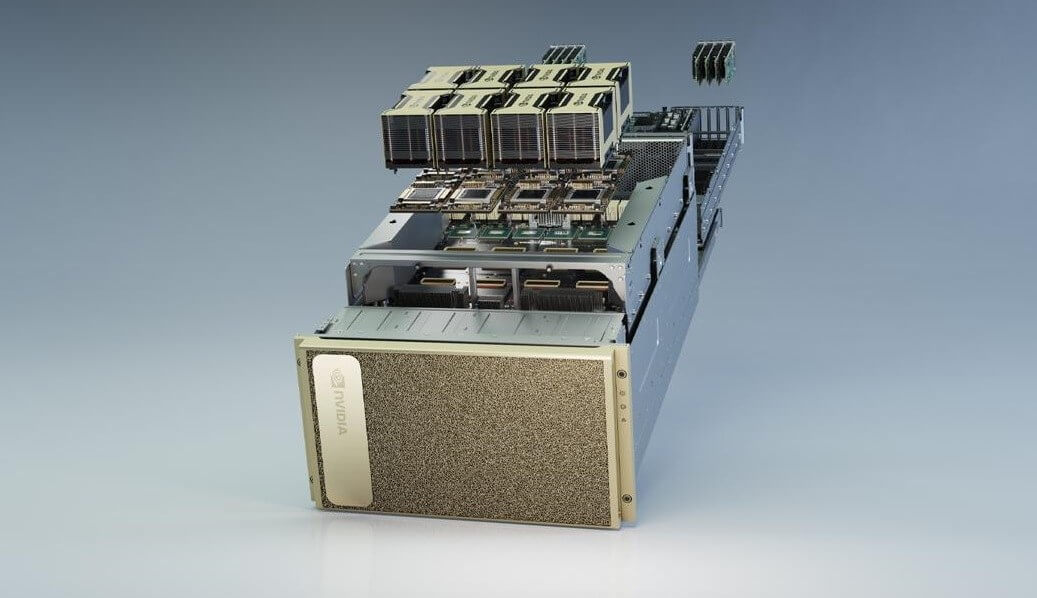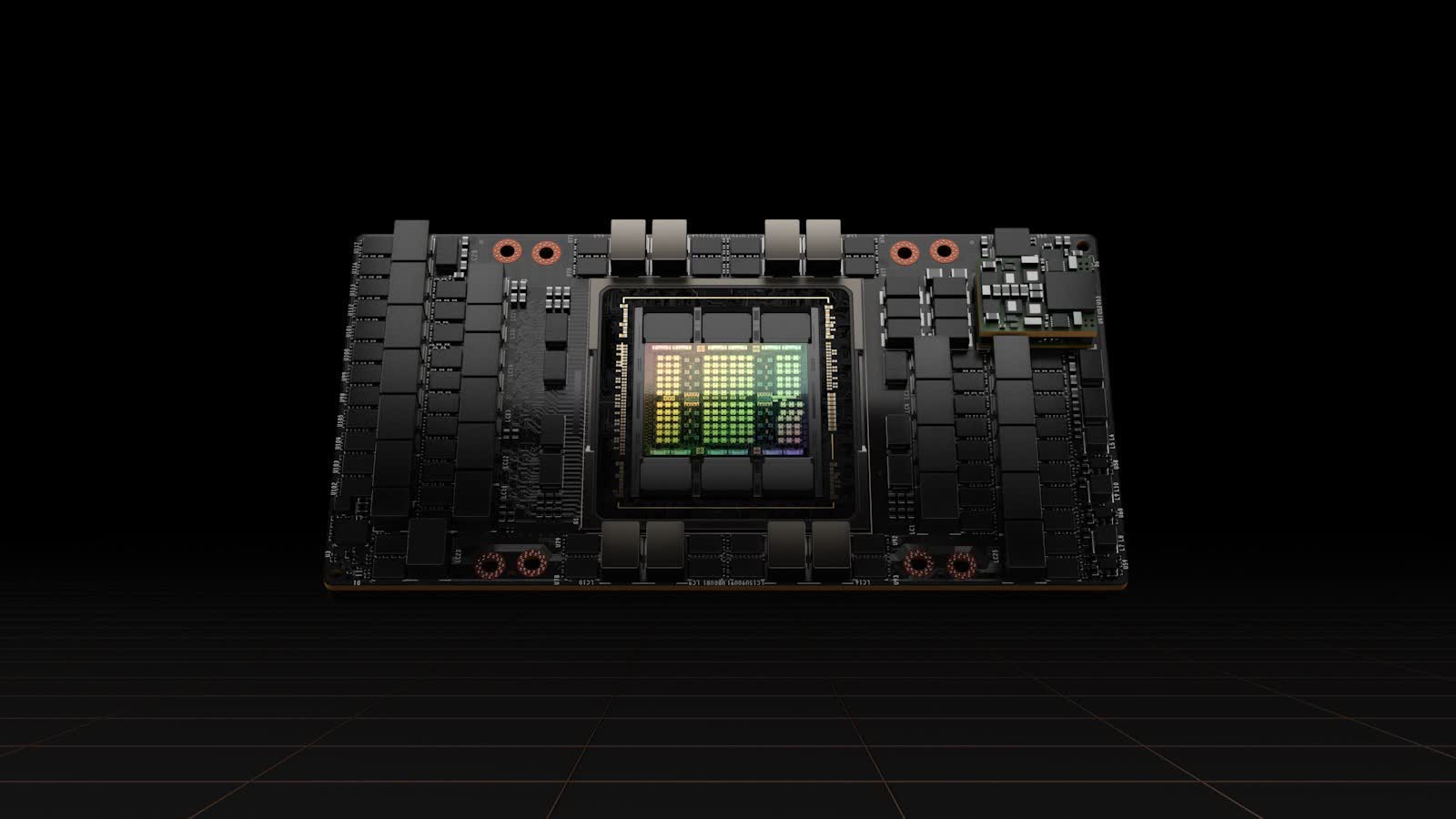What just happened? US officials have instructed Nvidia and AMD to stop selling their high-performance AI-focused GPUs to China and Russia without a license. In the case of team green, this is expected to impact the company's bottom line by up to $400 million. It could also prevent Nvidia from completing the development of its Hopper H100 products on schedule and supporting existing A100 GPU customers.
"The USG has imposed a new license requirement, effective immediately, for any future export to China (including Hong Kong) and Russia of the Company's A100 and forthcoming H100 integrated circuits," said Nvidia in an SEC filing.
The restriction is designed to prevent the US companies' high-end hardware from being used by or diverted to military users in China or Russia, though Nvidia points out that it doesn't sell products in Russia.
Nvidia must now apply for a license if it wishes to sell any current or future integrated circuit achieving both peak performance and chip-to-chip I/O performance equal to the A100, as well as systems that include those circuits, to China or Russia.

Nvidia says the requirement could hinder its development of the H100 server accelerator and its ability to support existing A100 customers. It may also have to move some operations out of China. Furthermore, Nvidia's Q3 2022 forecast, which includes $400 million in sales to China, may now be inaccurate.
Nvidia is now speaking to its Chinese Data Center customers as it looks to swap out planned or future purchases with those not subject to the new license requirement, such as its less-powerful A30 products. For those instances where a replacement will not suffice, Nvidia may seek a license from the USG, though it can't guarantee the government will grant this request.
AMD said the license requirement would cover sales of its MI250 AI accelerator to China but believes its MI100 accelerator won't be affected. The company said the new rules wouldn't have a material impact on its business.
The new restrictions mark the latest move by the US to hamstring China's chip ambitions. Last month, the US Department of Commerce announced new export controls on tech deemed essential to US national security. The rules included tighter export controls for gallium oxide and diamond, two substrates of ultra-wide bandgap semiconductors.
There were also new restrictions on chipmaking equipment sold to Chinese foundries, with the Biden administration telling all US-based suppliers not to supply equipment for 14nm and newer process nodes to factories operating in China due to national security concerns.
The USG isn't just introducing new export rules for US companies. It also pressured Netherlands-based ASML, the world's largest supplier of lithography machines used in the chipmaking process, to stop selling its older deep ultraviolet (DUV) lithography tools to Chinese clients. Sales of its most advanced extreme ultraviolet (EUV) lithography equipment to Chinese customers is already prohibited.
